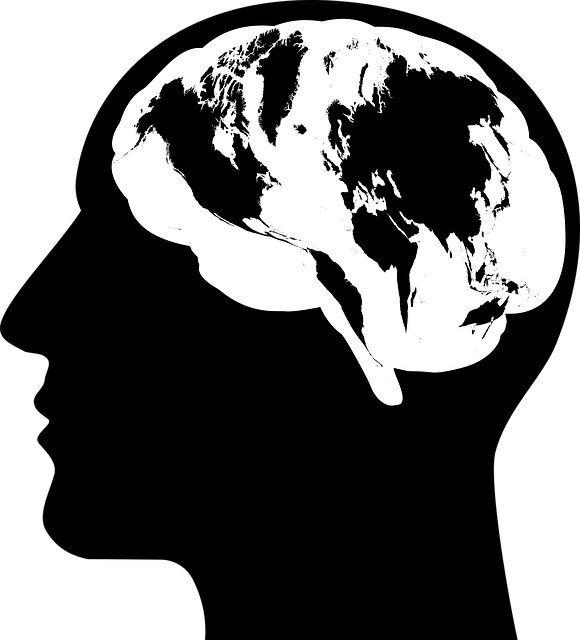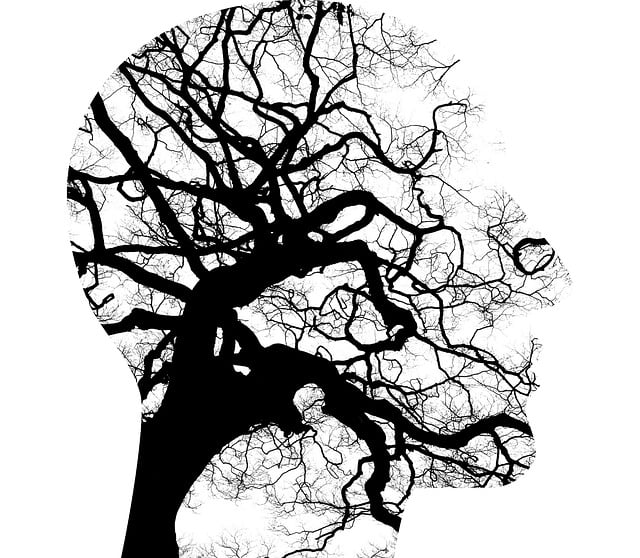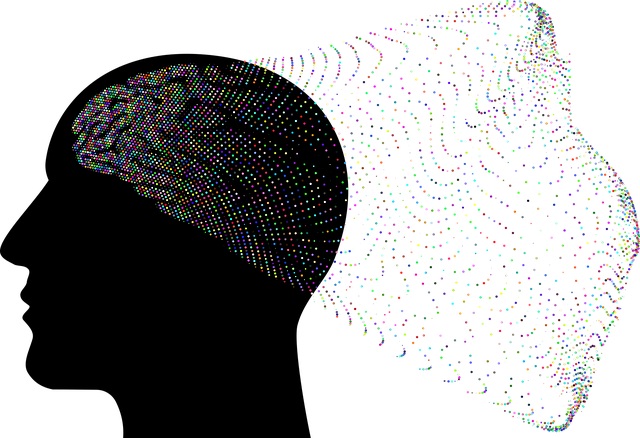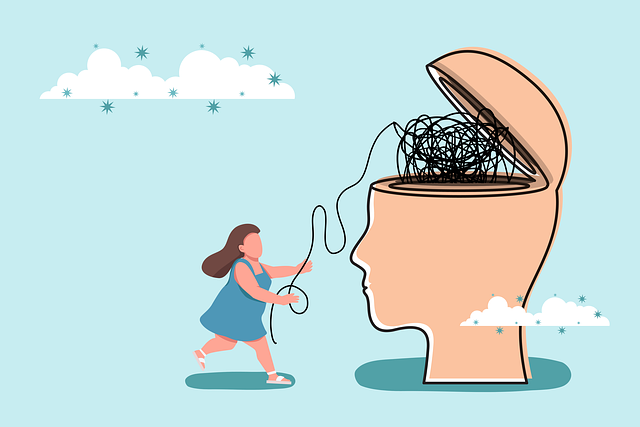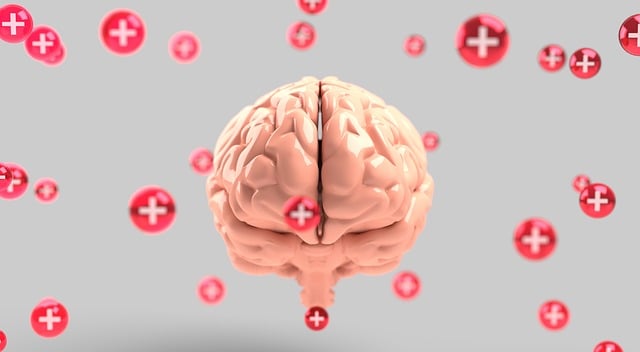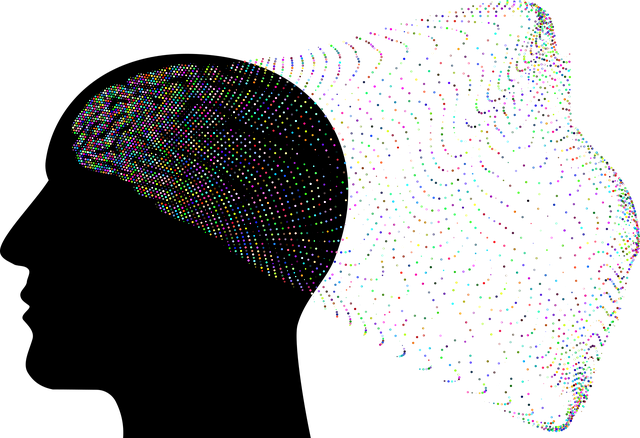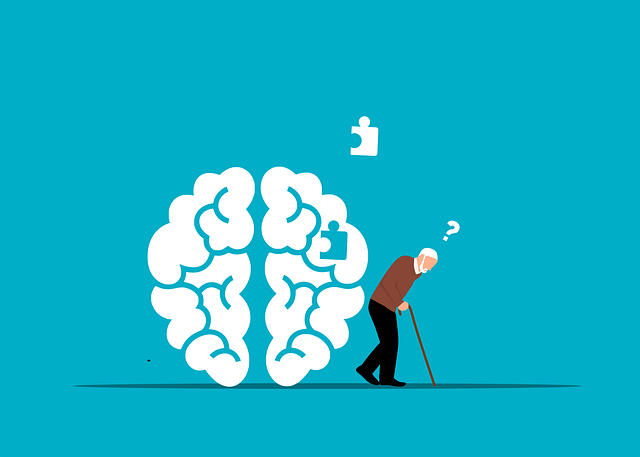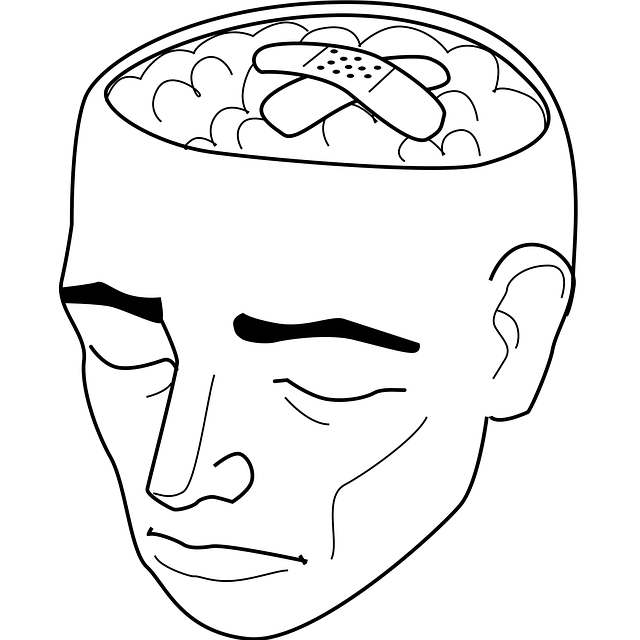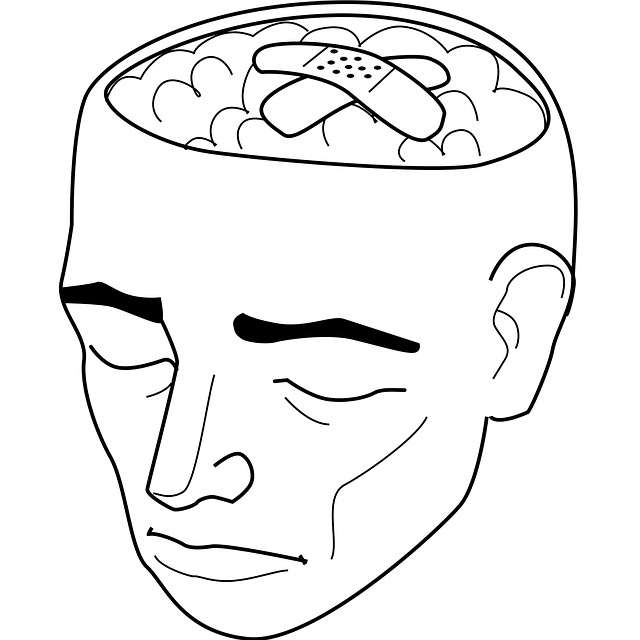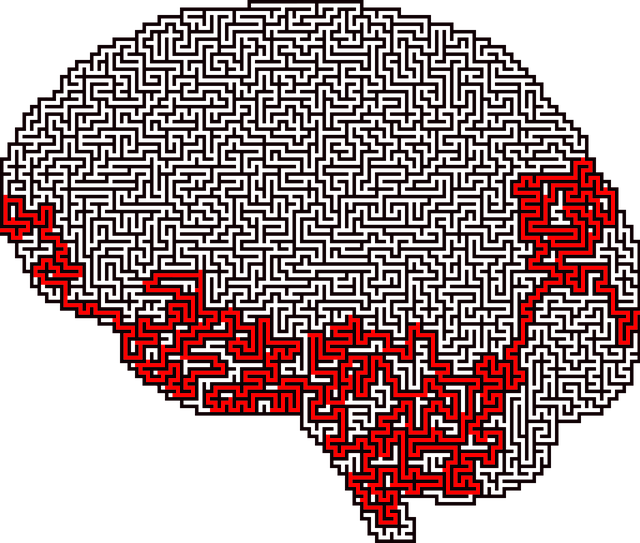Lone Tree Developmental Disability Therapy emphasizes that mastering mood regulation is key to enhancing well-being and quality of life, especially for individuals with developmental disabilities. They offer evidence-based strategies like mindfulness techniques, self-care routines, and trauma support services to improve mental health, resilience, and self-esteem. Through holistic approaches integrating clinical, social, and environmental factors, their programs aim to unlock clients' potential for leading fulfilling lives despite challenges.
Mood regulation is a vital skill, impacting overall well-being. This article explores strategies to help individuals navigate and manage their emotions effectively. We delve into the significance of understanding mood regulation as a concept, offering a comprehensive guide for optimal emotional balance. From cognitive techniques to therapeutic practices, these strategies empower people to overcome challenges. As highlighted by Lone Tree Developmental Disability Therapy, nurturing emotional stability is key to personal growth. Discover practical approaches to enhance your mental resilience and achieve a more balanced state of mind.
- Understanding Mood Regulation: Unraveling the Concept and Its Significance
- Strategies for Effective Mood Management: A Comprehensive Guide
- Lone Tree Developmental Disability Therapy: Nurturing Emotional Balance
Understanding Mood Regulation: Unraveling the Concept and Its Significance

Understanding Mood Regulation is a crucial step towards enhancing overall well-being and quality of life. It involves recognizing and managing one’s emotional state, ensuring it aligns with daily functioning and personal goals. At Lone Tree Developmental Disability Therapy, we believe that mastering this art is akin to unlocking a person’s true potential. By delving into the concept, individuals can discover effective strategies to navigate their emotions, fostering resilience and inner strength development.
In today’s fast-paced world, where stress and various forms of trauma can significantly impact mental health, establishing robust mood regulation techniques becomes imperative. These skills are not just beneficial for managing occasional fluctuations in mood but also play a pivotal role in maintaining equilibrium amidst life’s challenges. For instance, integrating self-care routine development for better mental health and trauma support services into one’s lifestyle can be transformative, allowing folks to thrive rather than merely survive.
Strategies for Effective Mood Management: A Comprehensive Guide

Maintaining a stable and positive mood is an essential aspect of overall well-being, and for individuals with developmental disabilities, effective mood regulation strategies can be transformative. Lone Tree Developmental Disability Therapy offers a comprehensive guide to help individuals navigate and manage their emotions, promoting better mental health awareness and self-esteem improvement.
One key strategy is learning mindfulness techniques, such as deep breathing exercises and meditation, which can quickly calm the mind and body, preventing burnout. By cultivating present-moment awareness, individuals gain a deeper understanding of their triggers and emotional patterns. Additionally, therapy sessions encourage self-reflection and the development of personal coping mechanisms tailored to individual needs. Through these practices, one can enhance their ability to regulate moods, fostering resilience and a greater sense of control over life’s challenges.
Lone Tree Developmental Disability Therapy: Nurturing Emotional Balance

Lone Tree Developmental Disability Therapy offers a unique approach to mood regulation, focusing on nurturing emotional balance in individuals with developmental disabilities. Through their comprehensive services, they address not only the clinical aspects of mental health but also the social and environmental factors that contribute to overall well-being. The therapy integrates evidence-based practices with a deep understanding of each client’s needs, fostering an inclusive and supportive environment.
This holistic approach includes elements like Community Outreach Program Implementation, where therapy extends beyond the therapeutic setting, engaging the community to promote a culture of mental wellness. Additionally, Mental Wellness Coaching Programs Development plays a pivotal role in empowering individuals to take charge of their emotional health. By combining these strategies, Lone Tree Developmental Disability Therapy aims to enhance mood management skills, enabling clients to lead fulfilling and balanced lives while navigating the complexities of their disabilities.
Mood regulation is a vital skill, and with the right strategies, individuals can effectively manage their emotional well-being. This article has explored various aspects of mood regulation, from understanding its concept to providing practical guides for optimal management. The role of Lone Tree Developmental Disability Therapy is highlighted as an innovative approach, offering tailored support for those seeking emotional balance. By adopting these strategies, folks can navigate life’s challenges with enhanced resilience and a deeper sense of self-control.
